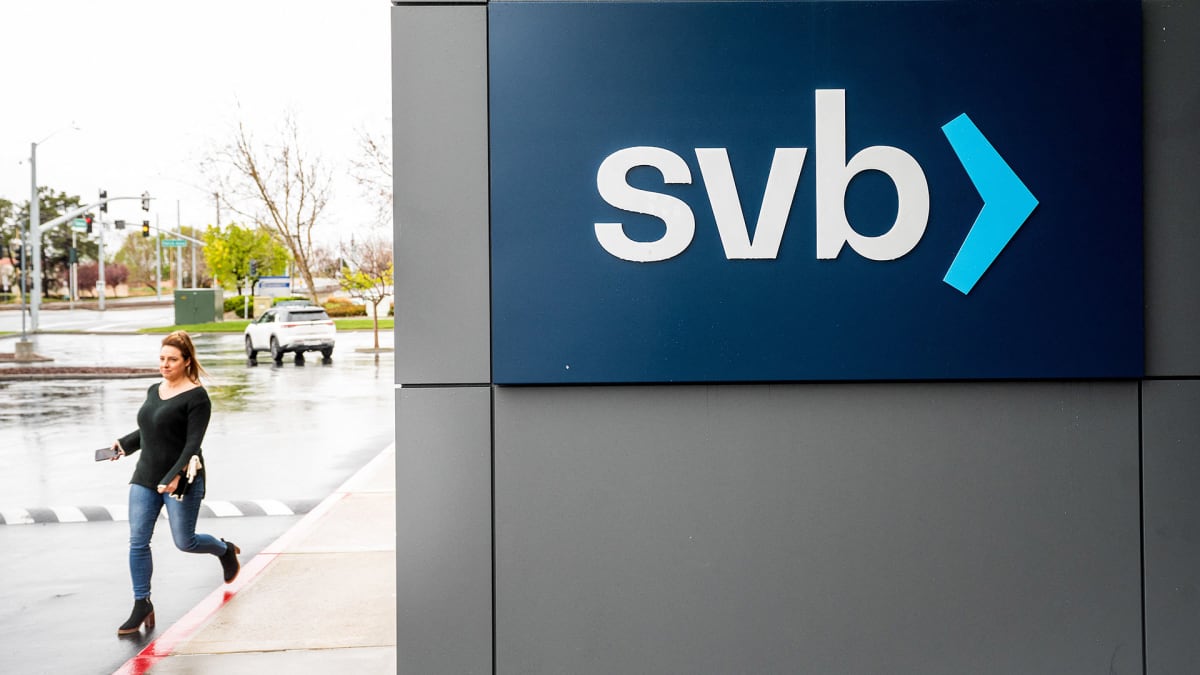
The current crisis started on March 8, with Silvergate's announcement that it was winding down its operations after its customers fled. The La Jolla, Calif., bank served primarily the cryptocurrency industry.
Two days later, U.S. regulators closed Silicon Valley Bank (SIVB) after a bank run by customers. SVB was a major player in the startup ecosystem and among small businesses in the San Francisco Bay Area.
On March 12, regulators closed Signature Bank in New York over fears it was running out of cash because customers were withdrawing their money in piles. The bank was focused on cryptocurrency clients.
Bank Collapse: What Exactly Happened Here?
It's a common story.
You decide to invest in a stock or other security. You put a chunk of your savings down and do not pay enough attention to the risks inherent in the security. For a while everything is fine -- but suddenly the situation changes. Negative factors that you didn't take into account come into play, crushing the value of the security. You lose a big part of your investment.
This is what happened to most of these banks: They made bets without really paying attention to the risks.
Take SVB. The bank used some of its cash to invest in government-guaranteed residential mortgages. When SVB bought the bonds during the pandemic, interest rates were very low.
But interest rates jumped as the Fed since 2021 has been fighting inflation. Since bond prices fall as interest rates rise, those older bonds with low interest rates could be sold only at much lower prices than new bonds the carry higher rates.
And mortgages, like those in which SVB invested, are even more sensitive because when interest rates go up, people tend not to pay off their mortgages early by refinancing.
The other problem that SVB hadn't thought of was that the vast majority of its customers -- tech companies -- at some point were going to see their cash flows pinched.
During the pandemic tech startups were doing well, but coming out of the pandemic, the economy slowed. These startups found themselves struggling to find funds to finance their projects. To cover their expenses and stay afloat, they started to dip into their deposits with SVB.
As a result, "SVB was forced to meet their clients’ increasingly hefty withdrawal requests by selling the low-interest bonds they bought at steeply discounted prices, which put them at a financial loss," explains Morris Pearl, former managing director at BlackRock and chair of the Patriotic Millionaires.
"Eventually, things got so bad that SVB couldn’t pay all of its depositors and was forced to shut its doors."
Did All the Banks Make Such Bets?
It would be a surprise if most banks did not invest in Treasury securities and other Federal-Reserve-created interest-bearing accounts. That's because they benefited enormously from the fact that they paid nothing for their deposits since interest rates were at almost zero until the second half of 2021.
It's simple: if you can borrow at essentially 0%, and earn say 3% or more at the Fed, why wouldn’t you do it?
The difference is that the big banks are diversified and do not depend on a single economic sector like the startup economy.
They also have risk management teams in place. SVB had no chief risk officer for several months. The bank appointed one only in January.
But Why Are Bank Stocks Falling?
Investors believe that the risk of contagion -- the prospect that many other banks will fall like dominos after the three recent ones -- remains. Above all, they wonder whether more banks are hiding unpleasant surprises. They were taken aback by SVB and are afraid of what they don't know.
They therefore have turned on banks that are perceived as weak links or have been experiencing problems for many months. This is the case, for example, at Credit Suisse, a European bank plagued by repeated scandals since 2021.
In the U.S., investors target any bank that might have a profile similar to SVB or Signature Bank in New York. Those are the regional banks.
How Are Banks Reacting? And What Are the Authorities Doing?
Some targeted banks have said in recent days that they have enough funds to respond to massive withdrawals from their customers and have different sources of financing if necessary.
Credit Suisse even indicated that a government bailout was not a topic, which is one way to say that the bank was confident that it could get by on its own.
U.S. regulators have unveiled an emergency plan to avert disaster. This program includes the guarantee of all deposits regardless of the amount. Previously, the FDIC insured deposits only up to $250,000.
The Fed has also created a facility of last resort to lend money to banks that need it. Basically, the Fed is ready to print as much money as possible to avoid a financial crisis like the one in 2008.
President Joe Biden said: "Americans can have confidence that the banking system is safe."
In Europe, where bank stocks have been tumbling, investors haven't heard that assurance.







